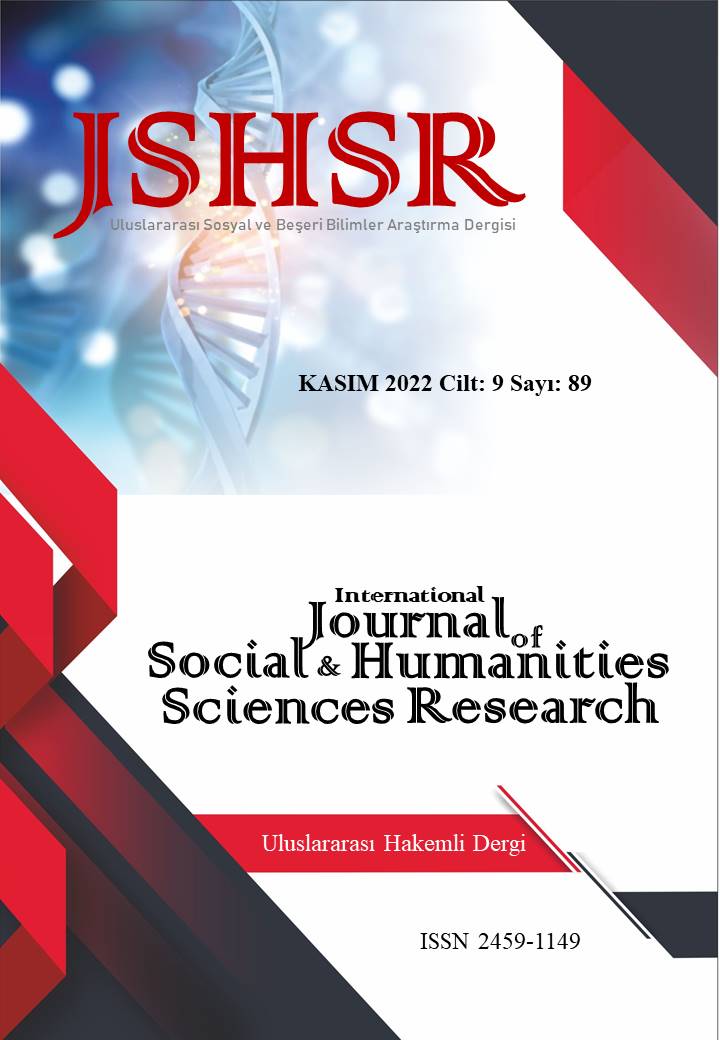BIBLIOMETRIC ANALYSIS OF GRADUATE THESIS RELATED TO FOOD ENGINEERING AND TOURISM
DOI:
https://doi.org/10.26450/jshsr.3341Keywords:
Food engineering, Tourism, Gastronomy, Bibliometric analysis, Graduate thesesAbstract
The field of food engineering science has found a place for itself in the field of tourism, especially in recent years. Food engineering and tourism sciences had to work together with the development of communication opportunities, the advancement of technology, and therefore the fact that food has an important place in tourism. The main purpose of the study is to reveal the bibliometric analyzes of the tourism topics of the researchers doing postgraduate studies in the field of food engineering science. It is aimed that the data to be obtained will guide the researchers who will work on food engineering and tourism in the future. As a result of the study, it was determined that 41 master's theses and 3 doctoral theses related to food engineering and tourism were made in the postgraduate theses of the Higher Education Institution. It has been determined that 75% of these theses were made in 2016 and later years with 33 postgraduate studies. On the other hand, it was determined that the theses were written most intensively at the rate of 28% between the page number range of 100-149. As a result of the analyzes, it is seen that the topics of the theses related to food engineering science and tourism are related to food safety, restaurants and food waste, the use of food products, food hygiene and gastronomy. It was determined that 79% of the studies were carried out using qualitative and quantitative methods. The results of the study show that the joint studies of food engineering and tourism sciences have increased significantly and will continue to be studied in the future.
Downloads
Published
How to Cite
Issue
Section
License
Copyright (c) 2022 INTERNATIONAL JOURNAL OF SOCIAL HUMANITIES SCIENCES RESEARCH

This work is licensed under a Creative Commons Attribution 4.0 International License.


